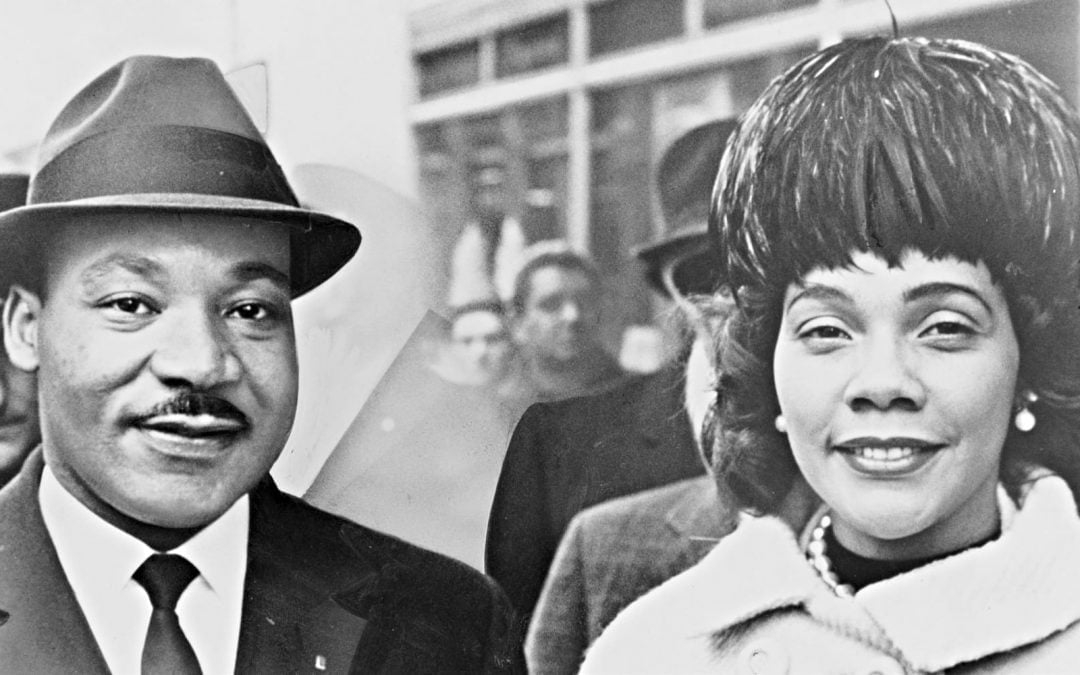This coming week, we will once again celebrate as a nation Martin Luther King Jr. Day.
The commercialization and popular nature of the holiday, like with Christmas, makes it necessary, however, to also remember the “reason for the season.”
Politicians and preachers will acknowledge the day, and maybe even read a few choice quotes from MLK himself, but at that same time, the work they do and the politics they promote will stand in stark opposition to all that King worked for.
Pictures of “racial harmony” will crowd out the harder words that reconciliation requires justice, and King’s critique of economic injustice and of U.S. militarism.
But we do not have to fall into this trap.
It is important that we ensure this holiday is not a Hallmark moment of warm feelings but a recommitment to the long and hard work of justice.
The reason for the season is not to pat ourselves on the back for voting rights or civil rights legislation passed half a century ago but a rallying cry to fight for voting rights and civil rights that are being threatened today.
As Coretta Scott King faithfully proclaimed, “Freedom is never really won; you earn it and win it in every generation.”
And, yes, there is work that we must do in this generation to advance racial justice.
But I also believe that we need to remember “the reason for the season” in another sense; the all-too-often forgotten story of the wider community of leaders and visionaries that surrounded King and fought alongside him.
In addition to remembering Martin Luther King Jr. this Monday, I hope you will also remember Coretta Scott King.
After Martin Luther King Jr. was killed, white politicians and leaders didn’t exactly line up to celebrate him and carry the mantle.
In fact, at the time of his death, King was largely unpopular in large swaths of the country for King’s legacy still remained a threat to white supremacy everywhere.
If it had not been for Coretta Scott King’s visionary and tireless advocacy, we would not have the King holiday.
For 15 years, she worked to have the holiday established. In 1983, her dream was realized.
It was the long, hard and slow work of Coretta Scott King that made MLK Day a reality.
Mrs. King was a tireless advocate herself. In a time that still far too often denied women public leadership roles, she was a powerhouse.
She was a fundraiser, advocate and strategist in her own right. After the assassination of her husband, she committed herself to what seemed like the impossible task of memorializing her husband’s work in a national holiday.
The creation of a national holiday is no small accomplishment. It required the approval of every state legislature in the country in order to implement.
Sometimes, we can look at history and think of accomplishments like this as inevitable. But at the time, it must have seemed almost impossible.
This week, as we encourage those in our churches, congregations and communities to remember the real legacy of MLK, let’s also remind people of the legacy and work of Coretta Scott King, who fought for justice her entire life and had the vision to bring us this day.
Editor’s note: This article is part of a series for MLK Day 2019. The previous articles in the series are:
‘I Have a Dream’ Speech More About Nightmare than Dream by Richard Wilson
King’s Perennial Question: Do We Pursue Chaos or Community? by Colin Harris


